Jeremy Thorpe and his downfall: The 1970s gay sex scandal that involved attempted murder, a dead dog and the Liberal Party leader
The BBC drama A Very English Scandal is about to revisit a saga that combined tragedy with farce while arguably exposing the Establishment's sense of entitlement
If they hadn’t shot the dog, there would probably have been no Very English Scandal.
There would have been no BBC mini-series of that name 43 years later, with the role of Liberal MP Jeremy Thorpe being played, in an inspired bit of casting, by Hugh Grant, an actor with first-hand experience of what a scandal feels like.
But the shooting of Rinka the Great Dane in a rainswept layby on Exmoor on October 23 1975 set in motion a chain of events that finally exposed a scandal that might otherwise have lain dormant in the glittering career of Jeremy Thorpe.
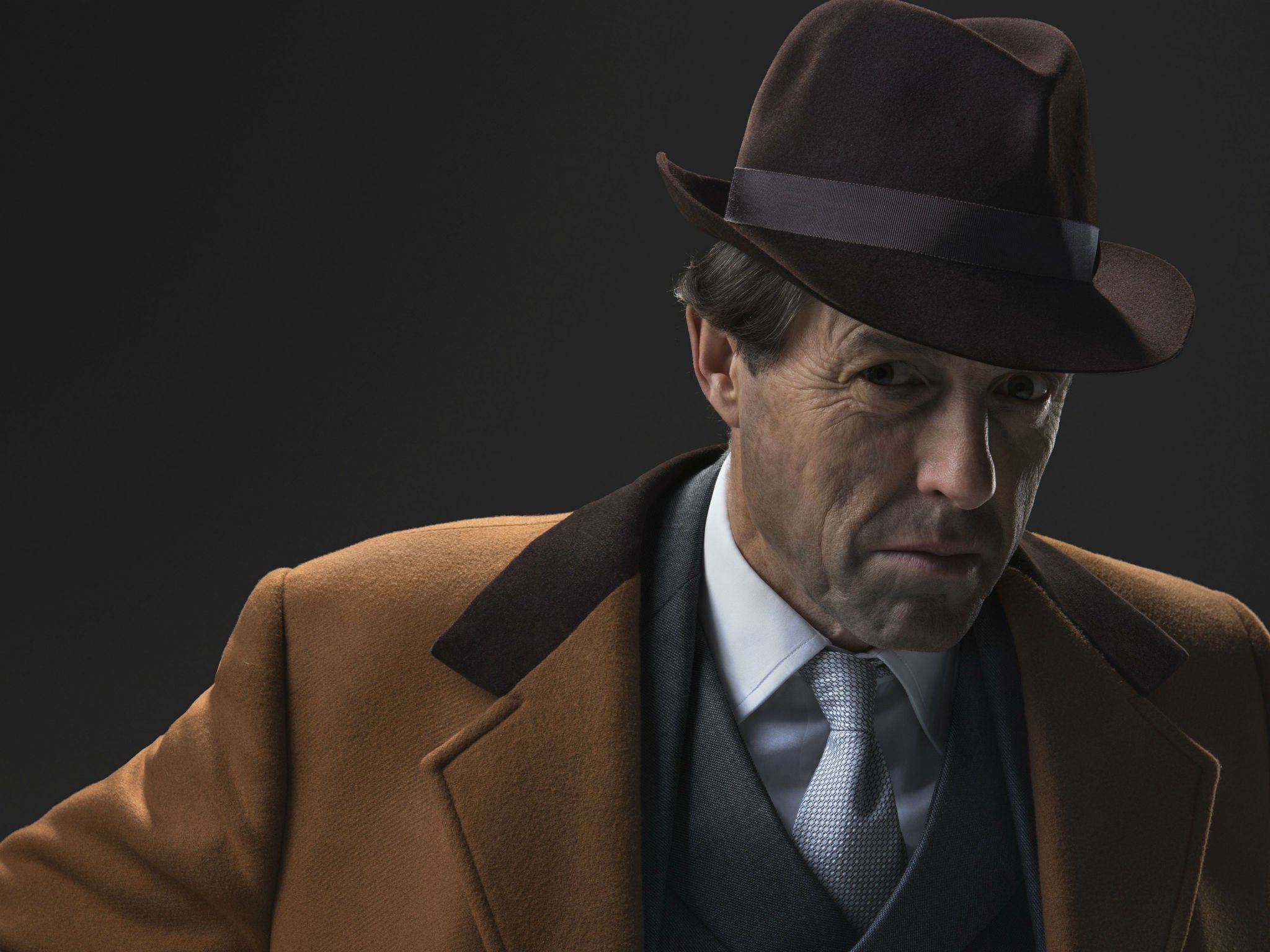
As the title of the BBC series implies, it was indeed a very English scandal, veering between tragedy and farce.
It saw Thorpe - Eton, Oxford, Inns of Court - tried and acquitted of conspiracy to murder alongside a fruit machine salesman described by the judge as "the sort of man whose taste might run to a cocktail bar in the living-room".
It seemed to expose a certain kind of upper class sense of entitlement, and feed off a widespread, if occasionally hypocritical homophobia that damaged both accuser and accused.
The scandal could be said to have destroyed the lives of two men (as well as that of the dog): Rinka’s owner Norman Scott, and the former stable hand’s alleged ex-lover, Jeremy Thorpe.
If things had turned out differently, Thorpe would now be remembered as one of the most dazzling political talents of his era: MP by 30, one of Britain’s youngest ever party leaders by the age of 37, in 1967.
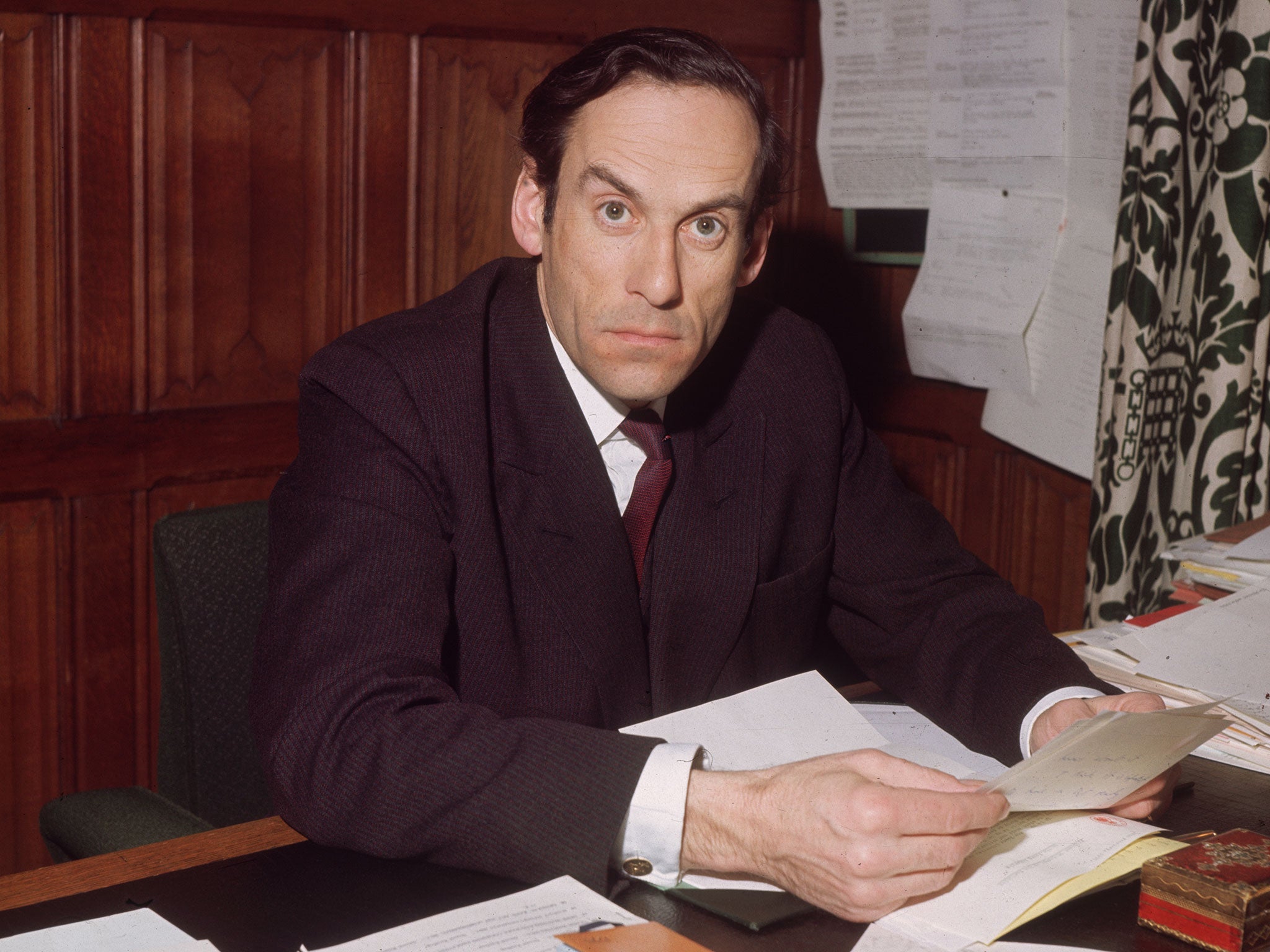
Defying the spirit of the supposedly Swinging Sixties, he was frequently seen in Edwardian-style three-piece suits with silk waistcoat, watch chain and trilby.
But the public loved him. He had a flair for publicity, and a ruthless ambition to match.
By 1974, he seemed on the brink of power. He had taken his party from the disaster of 1970 which reduced it to just six seats, to getting 14 MPs, nearly six million votes and an almost 20 per cent share of the electorate in that February’s General Election.
Edward Heath’s ‘who runs Britain?’ election had resulted in stalemate, with no party having an overall majority. But Thorpe was the most popular party leader, and Heath seemed willing to offer him a power-sharing coalition, with perhaps the Home Secretary's job thrown in.
The deal, though, fell through. Many reasons have been cited over the years, but one is that Thorpe had a past.
It wasn’t known to the public, but it was being whispered about in the corridors of Westminster.
In a biography that had to wait until Thorpe’s death before it could be published, author Michael Bloch characterised him as a politician who thought the rules were for little people - who loved illicit sex for both the immediate excitement, and the later thrill of being able to extricate himself from any potential scandal.
Thorpe, Bloch suggested, had a Houdini complex.
But there was one man he couldn’t escape.
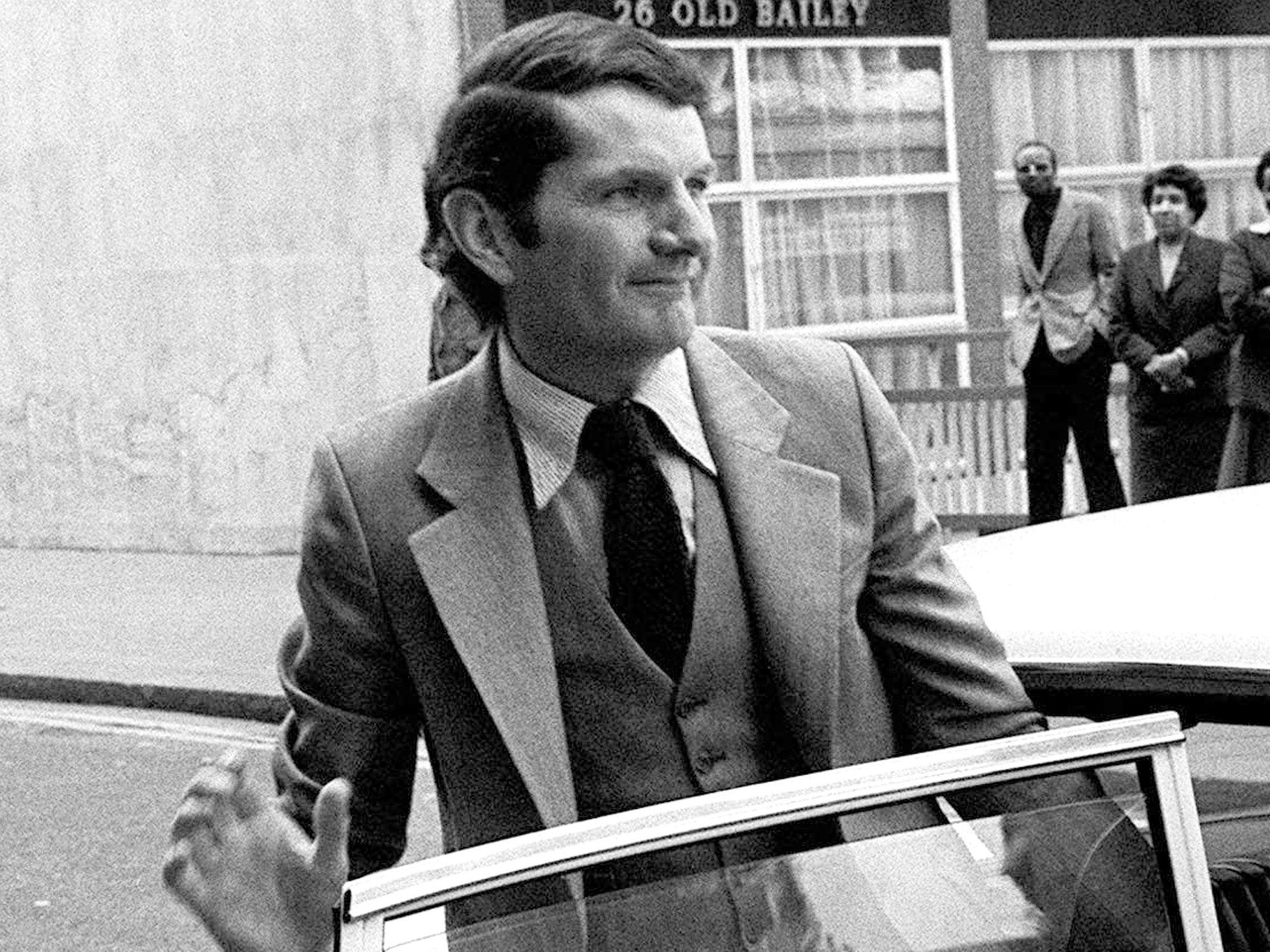
Norman Scott was 20 years old when Thorpe first met him. The young man was grooming a horse called Harbour Light at the Kingham Stables in Chipping Norton, Oxfordshire, owned by Thorpe’s friend Norman Vater - or “the Hon Norman Van de Brecht de Vater” as he sometimes styled himself.
Thorpe had been elected MP for North Devon the previous year. The stable hand’s good looks were hard to miss – he sometimes worked as a male model.
It seems the MP told the handsome stable lad that if he ever needed help, he should look him up in the House of Commons.
And fatefully for all concerned, fairly soon afterwards the stable hand did need help.
He fell out with his employer Vater/ Van de Brecht de Vater, and suffered a nervous breakdown. In November 1961, a week after discharging himself from a mental health clinic, the now-jobless Scott went to the House of Commons to look up Thorpe.
Rather than fob off a young man he barely knew, Thorpe drove Scott to his mother’s house in Surrey.
He introduced him to his mother as ‘Peter’, a TV cameraman for a documentary he was about to present, and after dinner, showed him to the spare room.
And this, according to Scott, is where the sex started – six years before homosexuality was partially decriminalised in 1967.
In an account that may have pandered to the prejudices of the time, Scott told the eventual trial that the sex had been so painful he had to bite the pillow to stop himself crying out in pain.
The next morning, he claimed, Thorpe popped his head round the spare bedroom door to ask him how he’d like his eggs done.
In the biography, Bloch says that Thorpe paid Scott’s rent, gave him pocket money and treated him to outings to Parliament, the Reform Club and expensive London restaurants, while letting him order bespoke clothes from his tailor.
Until his death in December 2014 Thorpe claimed that this had merely been an affectionate friendship, with no sex involved at any stage.
But there is evidence to suggest the twice-married Thorpe did have sex with other men, at a time when homosexuality was illegal.
In one recently uncovered letter, written in 1961, Thorpe confided to an American friend: “How I adored SF [San Francisco]… Certainly it is the one city where a gay person can let down his defences and feel free and unhunted … If I’m ever driven out of public life in Britain for a gay scandal then I shall settle in SF!”
The move to San Francisco never happened, but the scandal did, albeit that it was long delayed.
The relationship soured, partly, the Bloch biography suggested, because Scott grew jealous when Thorpe began to prefer to have casual sex with sailors rather than him.
In 1964 Thorpe told Scott he never wanted to see him again – despite the younger man allegedly having threatened during at least one row to expose the MP’s homosexuality.
And Scott did try to expose Thorpe. He went to the police, he went to journalists.
But no-one really listened.
Scott’s trouble may have been that he came across as “loon”, to use the term deployed by Private Eye magazine, one of the first publications to take him seriously.
It is possible that the sheer enormity of his story had damaged him to the point that he was unable to tell it coherently. Perhaps it is significant that in the run-up to the BBC series starting on May 20, Scott told the Mail on Sunday: “My story isn't a comedy – it's about the total destruction of a person.”
One Private Eye writer, in a book to celebrate the magazine’s 50th anniversary, described Scott as having appeared to be “a classic example” of a loon: “So obsessed and damaged by his own story he was unable to tell it clearly, waffling on at such length about the supposed theft of his National Insurance card that the other part of his story – that he had had a lengthy affair with Thorpe when homosexuality was illegal – did not get taken seriously.”
Perhaps, then, if Thorpe had done nothing, the story would have gone away before it was ever printed.
But Scott was also pestering Thorpe over his missing National Insurance card, which he claimed the MP had taken, preventing him from getting work.
In 1967 Thorpe’s friend, the Liberal MP Peter Bessell began paying Scott money to get round his National Insurance card problem – though you could argue that the cash was also intended to keep him quiet.
Thorpe endured his Scott “problem” for years, and then after the February 1974 election – according to one theory – he saw his hopes of power dashed by his secret past.
If ever he was to realise his Eton schoolboy ambition of becoming prime minister, it has been claimed, Thorpe realised he needed his past to disappear.
And so, it seems, he turned to a cast of characters that might be hard to assemble anywhere else but Britain, and who would have certainly fitted in to any Ealing Comedy.
First there was merchant banker David Holmes, best man at Thorpe’s 1968 wedding, assistant treasurer of the Liberal Party.
Holmes approached John Le Mesurier, no relation to the Dad’s Army comedy star, but instead a former managing director of a carpet discount centre – “a cut-price carpet salesman” was how some described him.
In the hope of finding a man who knew a man who could do a job, Le Mesurier turned to George Deakin. Mr Deakin has been described as a nightclub owner, a fruit machine salesman and, by the judge at his trial, “the sort of man whose taste might run to a cocktail bar in the living-room".
He also seems to have been the sort of man who thought it would be a good idea to hire Andrew Newton, unimprovably described by Bloch as “a raffish airline pilot who boasted he was prepared to do anything for money”.
At the trial, Holmes insisted that the only intention had been to frighten Scott.
If that was the case, Newton succeeded admirably.
If, however, he had been instructed to kill Scott, he failed farcically.
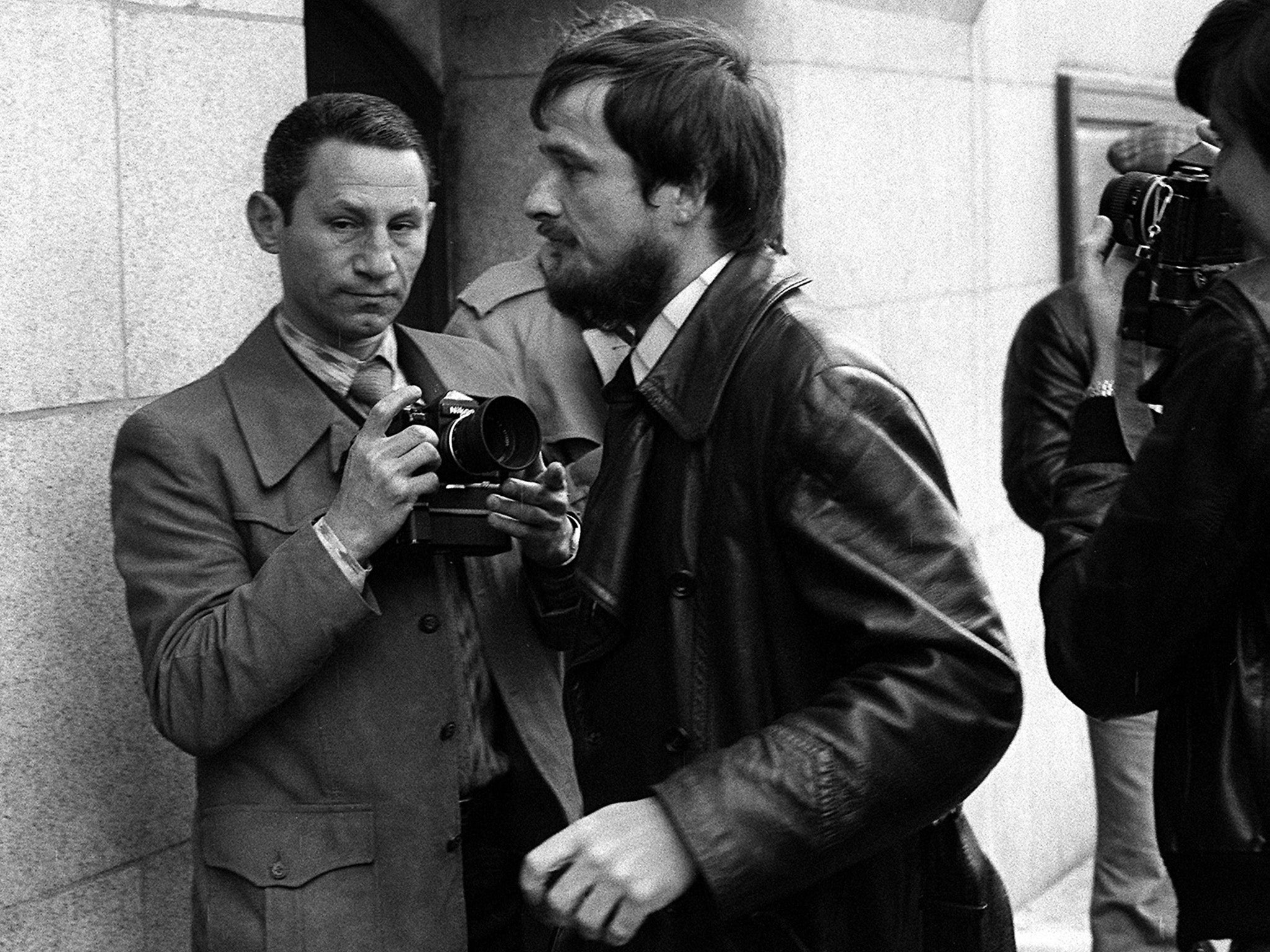
The pilot lured Scott into coming with him in a yellow Mazda to the secluded layby. As the two men got out Rinka followed, perhaps expecting a walk.
But Newton pulled out a pistol and shot the Great Dane dead.
A horrified Scott is said to have screamed “You can’t involve the dog!” and kneeled down to try to give his pet the kiss of life, thus presenting any would-be hitman with the perfect opportunity to put a bullet in his head.
But the weapon Newton had chosen was a 1910 Mauser borrowed from an antique collector chum.
The prosecution claimed that when the antique pistol was placed against Scott's head, it jammed.
Newton was allegedly left with little option but to swear profusely, get back into his Mazda and drive off.
The result was that a secret scandal known only in “the Westminster bubble” became an active firearms case being investigated by the police, who didn’t have that much difficulty in apprehending Newton.
By December 1975 the Private Eye diarist Auberon Waugh was trailing Newton’s first appearance before Minehad magistrates with the cryptic hope that “sorrow over his friend’s dog will not cause Mr Thorpe’s premature retirement from public life.”
In turn, the Minehead Magistrates Court appearance guaranteed a packed press bench for what would otherwise have been a piffling social security fraud case in January 1976.
The defendant Norman Scott took the first opportunity ever presented to him of being able to air his allegations about Thorpe while protected by court privilege, in front of a bunch of by now fascinated journalists.
There was a repeat performance in March 1976 at Newton's crown court trial for a firearms offence in connection with the layby shooting.
Newton tried to keep Thorpe out of it by claiming he was the one being blackmailed by Scott. But Scott told the court otherwise.
Thorpe now engaged in a crisis PR campaign. Perhaps unwisely, he let The Sunday Times quote from one of his letters, in an article headlined “The Lies of Norman Scott”.
The article probably had the opposite effect to the one Thorpe intended. The letter, written to Scott in 1962 included the lines: “Bunnies can (and will) go to France. Yours affectionately, Jeremy. I miss you.”
To some readers, it was suggestive of a little bit more than friendship.
In May 1976 Thorpe resigned the leadership of the Liberal Party, denying everything, but claiming the allegations were damaging the party.
Then Newton was released from jail.
In 1977 he went to the London News with a changed story. Instead of acting alone to protect himself, he said, he had received a £5,000 downpayment on a “contract to murder”.
The police began reinvestigating the shooting of the Great Dane in the layby.
On August 2 1978 Thorpe participated in a House of Commons debate about Rhodesia (now Zimbabwe). It was his last active contribution to parliamentary life.
On August 4 1978 he appeared at Minehead Magistrates Court charged with conspiracy to murder alongside his best man, the cut-price carpet merchant and the fruit machine salesman.
They reconvened in May 1979, for the start of the Old Bailey trial.
Some say the resulting proceedings exposed a prosecution based on the flimsy evidence of people whose claims could not be trusted.
It wasn’t just Scott who had the accuracy of his statements questioned.
Appearing for the prosecution in an attempt to corroborate the suggestion that Thorpe wanted to get rid of Scott, Peter Bessell was forced to admit to involvement in an early incident of chequebook journalism.
He said he had a £50,000 newspaper contract for his story, but it would be reduced to £25,000 if Thorpe was acquitted, an arrangement the judge described as "deplorable".
Others, though, have seen the eventual acquittal of Thorpe and the others as the Establishment protecting its own.
Writing in The Independent in 2014, Richard Ingrams, Private Eye editor at the time of the scandal, accused the judge, Sir Joseph Cantley, of leaning heavily in favour of a fellow barrister.
“Mr Justice Cantley,” Ingrams wrote, “May have thought Thorpe was plainly a bit of a bounder, but for all that he was ‘one of us’ – a member of the great freemasonry of the Law.”
The judge’s summing up does seem to have been something to behold.
He accused Newton of lying because he was so "determined to milk the case as hard as he can".
But that was nothing compared to what he said about Scott, the man alleging a gay love affair.
He was, the judge told the jury "a neurotic, spineless creature, addicted to hysteria and self-advertisement.
"He is a crook, a fraud, a sponger. He is a whiner, a parasite."
By contrast, Thorpe was, in the eyes of the judge, a man of "hitherto unblemished reputation" and "a national figure with a very distinguished public record".
The jury returned not guilty verdicts.
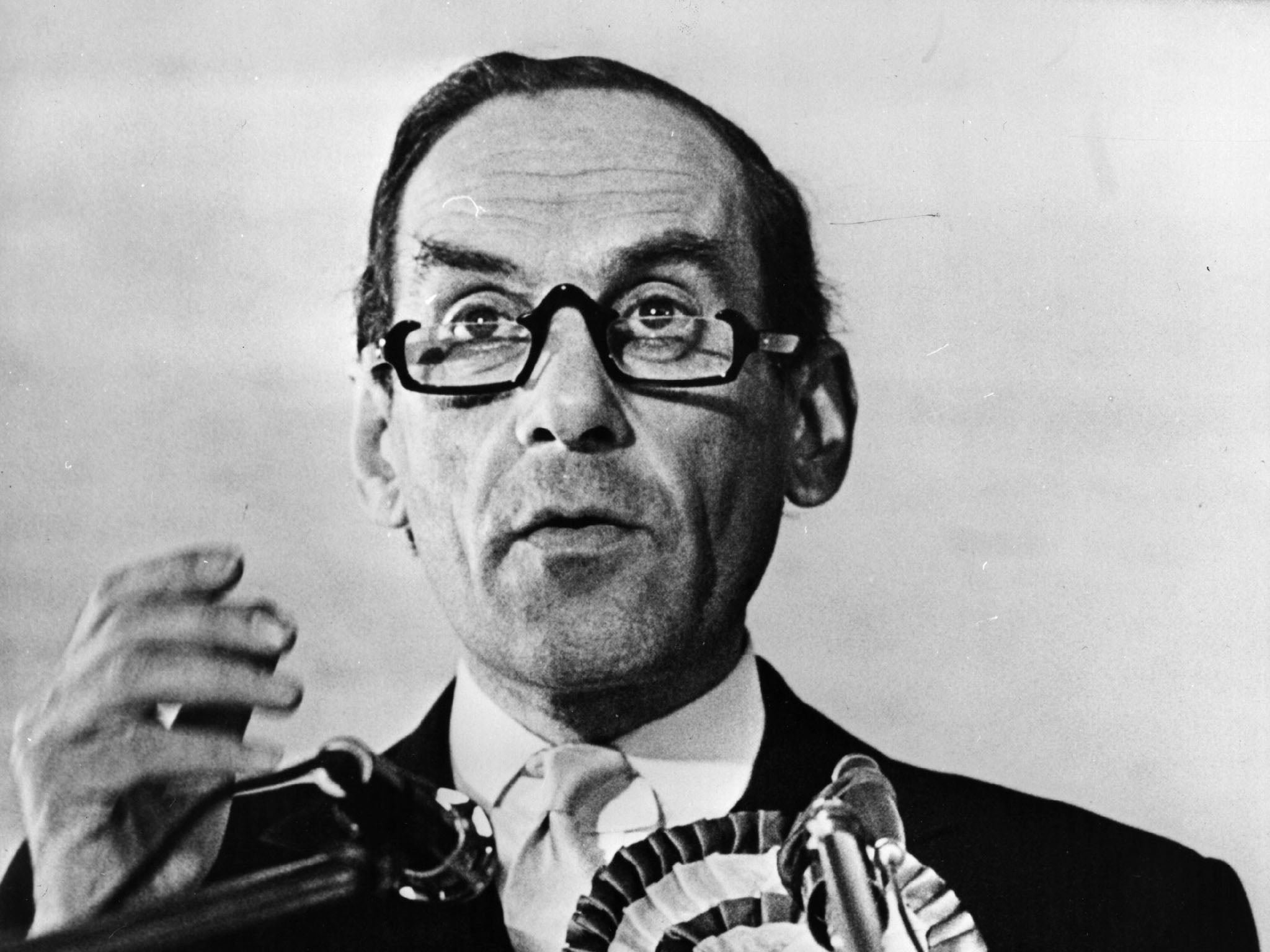
Thorpe issued a brief statement calling the verdict “a complete vindication”.
But it was too late.
Five days before the Old Bailey trial began, Thorpe had been ejected from the seat he had held for 20 years in the 1979 General Election that made Margaret Thatcher prime minister.
Thorpe lost to a Conservative, but among those who had also opposed him in North Devon had been Auberon Waugh, the Private Eye diarist who had been one of the first to hint publicly about the scandal.
He stood on behalf of the “Dog Lovers’ Party”.
Join our commenting forum
Join thought-provoking conversations, follow other Independent readers and see their replies
Comments
Bookmark popover
Removed from bookmarks